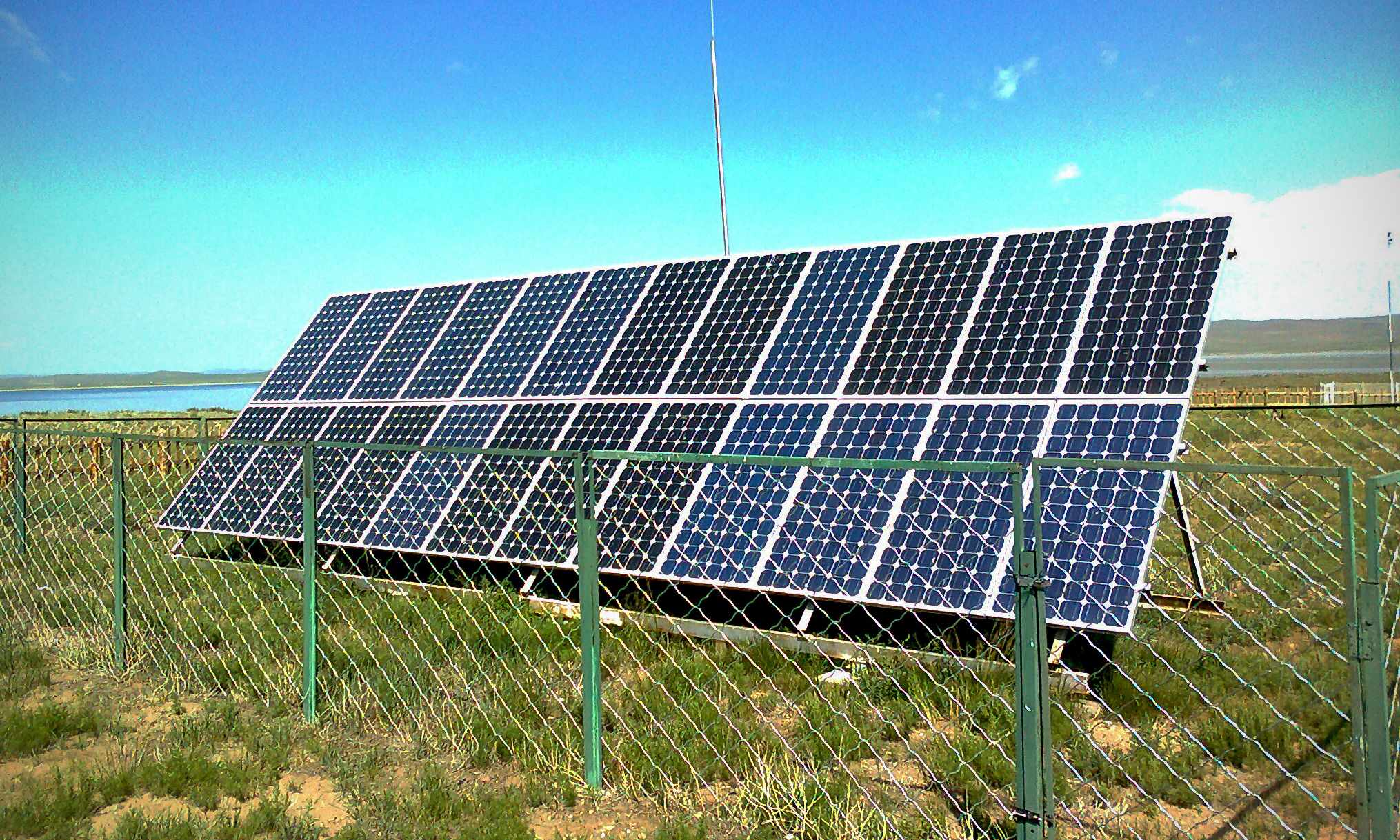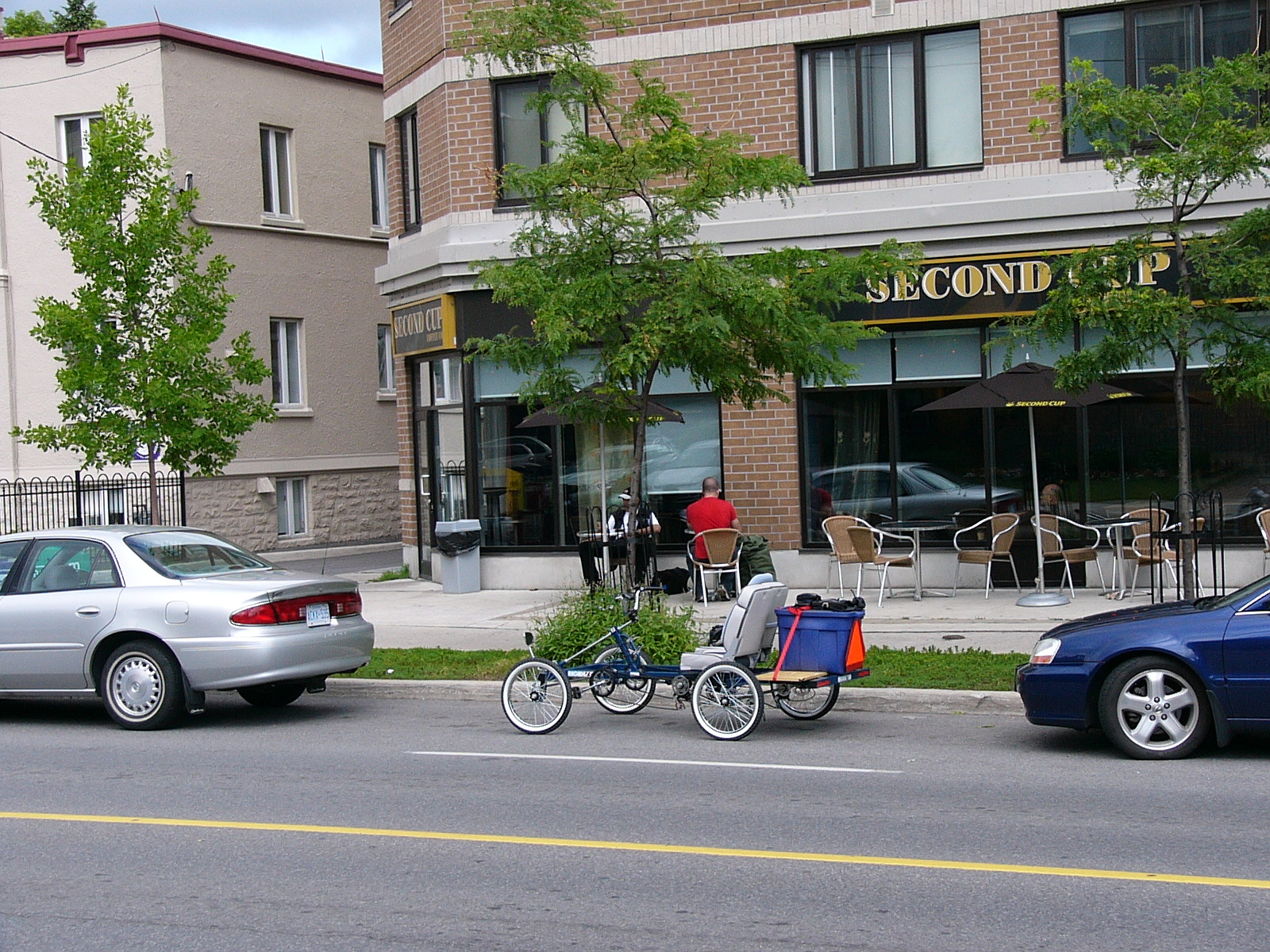|
Intentional Living
Intentional living is any lifestyle based on an individual's or group's conscious attempts to live according to their values and beliefs. These can include lifestyles based on religious, political or ethical values, as well as for self-improvement. Characteristics History In the first chapter of Christopher Isherwood's ''My Guru and his Disciple'', written in 1940, the writer tells of conversations with Gerald Heard concerning Heard's spiritual values. In their conversations, Heard explains that he follows a lifestyle called "intentional living" (Isherwood put the phrase in quotes). Heard said that one of the hardest parts of the discipline was to be aware of one's own pretensions. "You may rid yourself of all worldly addictions and aversions… the most deadly pretension may raise its head. You may begin to believe you are a spiritually superior person…" Steps Intentional living requires one to be aware of one's fundamental beliefs and to be willing to make an ef ... [...More Info...] [...Related Items...] OR: [Wikipedia] [Google] [Baidu] [Amazon] |
Lifestyle (sociology)
Lifestyle is the interests, opinions, behaviours, and behavioural orientations of an individual, group, or culture. The term " style of life" () was introduced by Austrian psychologist Alfred Adler in his 1929 book, ''The Case of Miss R.'', with the meaning of "a person's basic character as established early in childhood". The broader sense of lifestyle as a "way or style of living" has been documented since 1961. Lifestyle is a combination of determining intangible or tangible factors. Tangible factors relate specifically to demographic variables, i.e. an individual's demographic profile, whereas intangible factors concern the psychological aspects of an individual such as personal values, preferences, and outlooks. A rural environment has different lifestyles compared to an urban metropolis. Location is important even within an urban scope. The nature of the neighborhood in which a person resides affects the set of lifestyles available to that person due to differences ... [...More Info...] [...Related Items...] OR: [Wikipedia] [Google] [Baidu] [Amazon] |
Sustainable Living
Sustainable living describes a lifestyle (sociology), lifestyle that attempts to reduce the use of Earth's natural resources by an individual or society. Its practitioners often attempt to reduce their ecological footprint (including their carbon footprint) by altering their home designs and methods of transportation, energy consumption and diet. Its proponents aim to conduct their lives in ways that are consistent with sustainability, naturally balanced, and respectful of humanity's symbiotic relationship with the Earth's natural ecology. The practice and general philosophy of ecological living closely follows the overall principles of sustainable development. One approach to sustainable living, exemplified by small-scale urban Transition Towns, transition towns and rural ecovillages, seeks to create self-reliant communities based on principles of simple living, which maximize self-sustainability, self-sufficiency, particularly in food processing, food production. These principl ... [...More Info...] [...Related Items...] OR: [Wikipedia] [Google] [Baidu] [Amazon] |
Communism
Communism () is a political sociology, sociopolitical, political philosophy, philosophical, and economic ideology, economic ideology within the history of socialism, socialist movement, whose goal is the creation of a communist society, a socioeconomic order centered on common ownership of the means of production, distribution, and exchange that allocates products in society based on need.: "One widespread distinction was that socialism socialised production only while communism socialised production and consumption." A communist society entails the absence of private property and social classes, and ultimately money and the State (polity), state. Communists often seek a voluntary state of self-governance but disagree on the means to this end. This reflects a distinction between a Libertarian socialism, libertarian socialist approach of communization, revolutionary spontaneity, and workers' self-management, and an authoritarian socialism, authoritarian socialist, vanguardis ... [...More Info...] [...Related Items...] OR: [Wikipedia] [Google] [Baidu] [Amazon] |
Civic Engagement
Civic engagement or civic participation is any individual or group activity addressing issues of public concern. Civic engagement includes communities working together or individuals working alone in both political and non-political actions to protect public values or make a change in a community. The goal of civic engagement is to address public concerns and promote the quality of the community. Civic engagement is "a process in which people take collective action to address issues of public concern" and is "instrumental to democracy". Underrepresentation of groups in the government causes issues faced by groups such as minority, low-income, and younger groups to be overlooked or ignored. In turn, issues for higher voting groups are addressed more frequently, causing more bills to be passed to fix these problems. Forms Civic engagement can take many forms—from individual volunteerism, community engagement efforts, organizational involvement, and electoral participation. ... [...More Info...] [...Related Items...] OR: [Wikipedia] [Google] [Baidu] [Amazon] |
Car-free Movement
The car-free movement is a social movement centering the belief that large and/or high-speed motorized vehicles (cars, trucks, tractor units, motorcycles, etc.) are too dominant in modern life, particularly in urban areas such as cities and suburbs. It is a broad, informal, emergent network of individuals and organizations, including social activists, urban planners, transportation engineers, environmentalists and others. The goal of the movement is to establish places where motorized vehicle use is greatly reduced or eliminated, by converting road and parking space to other public uses and rebuilding compact urban environments where most destinations are within easy reach by other means, including walking, cycling, public transport, personal transporters, and mobility as a service. Context Before the twentieth century, cities and towns were usually compact, containing narrow streets busy with human activity. In the early twentieth century, many of these settlements were ad ... [...More Info...] [...Related Items...] OR: [Wikipedia] [Google] [Baidu] [Amazon] |
Socially Responsible Investing
Socially responsible investing (SRI) is any investment strategy which seeks to consider financial return alongside ethical, social or environmental goals. The areas of concern recognized by SRI practitioners are often linked to environmental, social and governance (ESG) topics. '' Impact investing'' can be considered a subset of SRI that is generally more proactive and focused on the conscious creation of social or environmental impact through investment. '' Eco-investing'' (or ''green investing'') is SRI with a focus on environmentalism. In general, socially responsible investors encourage corporate practices that they believe promote environmental stewardship, consumer protection, human rights, and racial or gender diversity. Some SRIs avoid investing in businesses perceived to have negative social effects such as alcohol, tobacco, fast food, gambling, pornography, weapons, fossil fuel production or the military. Socially responsible investing is one of several related con ... [...More Info...] [...Related Items...] OR: [Wikipedia] [Google] [Baidu] [Amazon] |
Humanitarianism
Humanitarianism is an ideology centered on the value of human life, whereby humans practice benevolent treatment and provide assistance to other humans to reduce suffering and improve the conditions of humanity for moral, altruistic, and emotional reasons. One aspect involves voluntary emergency aid overlapping with human rights advocacy, actions taken by governments, development assistance, and domestic philanthropy. Other critical issues include correlation with religious beliefs, motivation of aid between altruism, market affinity, social control imperialism and neo-colonialism, gender and class relations, and humanitarian agencies. A practitioner is known as a humanitarian. While humanitarianism on a local and national level can be traced far back in history, scholars of international politics tend to identify the advent of global humanitarian impulses to the 19th century. The creation of the International Red Cross in 1863 is considered a key juncture in global humanit ... [...More Info...] [...Related Items...] OR: [Wikipedia] [Google] [Baidu] [Amazon] |
Humanism
Humanism is a philosophy, philosophical stance that emphasizes the individual and social potential, and Agency (philosophy), agency of human beings, whom it considers the starting point for serious moral and philosophical inquiry. The meaning of the term "humanism" has changed according to successive intellectual movements that have identified with it. During the Italian Renaissance, Italian scholars inspired by Greek classical scholarship gave rise to the Renaissance humanism movement. During the Age of Enlightenment, humanistic values were reinforced by advances in science and technology, giving confidence to humans in their exploration of the world. By the early 20th century, organizations dedicated to humanism flourished in Europe and the United States, and have since expanded worldwide. In the early 21st century, the term generally denotes a focus on human well-being and advocates for human freedom, autonomy, and progress. It views humanity as responsible for the prom ... [...More Info...] [...Related Items...] OR: [Wikipedia] [Google] [Baidu] [Amazon] |
Environmentalism
Environmentalism is a broad philosophy, ideology, and social movement about supporting life, habitats, and surroundings. While environmentalism focuses more on the environmental and nature-related aspects of green ideology and politics, ecologism combines the ideology of social ecology and environmentalism. ''Ecologism'' is more commonly used in continental European languages, while ''environmentalism'' is more commonly used in English but the words have slightly different connotations. Environmentalism advocates the preservation, restoration and improvement of the natural environment and critical earth system elements or processes such as the climate, and may be referred to as a movement to control pollution or protect plant and animal diversity. For this reason, concepts such as a land ethics, environmental ethics, biodiversity, ecology, and the biophilia hypothesis figure predominantly. The environmentalist movement encompasses various approaches to addressing envi ... [...More Info...] [...Related Items...] OR: [Wikipedia] [Google] [Baidu] [Amazon] |
Ecology
Ecology () is the natural science of the relationships among living organisms and their Natural environment, environment. Ecology considers organisms at the individual, population, community (ecology), community, ecosystem, and biosphere levels. Ecology overlaps with the closely related sciences of biogeography, evolutionary biology, genetics, ethology, and natural history. Ecology is a branch of biology, and is the study of abundance (ecology), abundance, biomass (ecology), biomass, and distribution of organisms in the context of the environment. It encompasses life processes, interactions, and adaptations; movement of materials and energy through living communities; ecological succession, successional development of ecosystems; cooperation, competition, and predation within and between species; and patterns of biodiversity and its effect on ecosystem processes. Ecology has practical applications in fields such as conservation biology, wetland management, natural resource m ... [...More Info...] [...Related Items...] OR: [Wikipedia] [Google] [Baidu] [Amazon] |
Conservation Ethic
Nature conservation is the ethic/moral philosophy and conservation movement focused on protecting species from extinction, maintaining and restoring habitats, enhancing ecosystem services, and protecting biological diversity. A range of values underlie conservation, which can be guided by biocentrism, anthropocentrism, ecocentrism, and sentientism, environmental ideologies that inform ecocultural practices and identities. There has recently been a movement towards evidence-based conservation which calls for greater use of scientific evidence to improve the effectiveness of conservation efforts. As of 2018 15% of land and 7.3% of the oceans were protected. Many environmentalists set a target of protecting 30% of land and marine territory by 2030. In 2021, 16.64% of land and 7.9% of the oceans were protected. The 2022 IPCC report on climate impacts and adaptation, underlines the need to conserve 30% to 50% of the Earth's land, freshwater and ocean areas – echoing the 30% g ... [...More Info...] [...Related Items...] OR: [Wikipedia] [Google] [Baidu] [Amazon] |
Appropriate Technology
Appropriate technology is a movement (and its manifestations) encompassing technology, technological choice and application that is small-scale, affordable by its users, labor-intensive, efficient energy use, energy-efficient, environmentally sustainable, and localism (politics), locally autonomous. It was originally articulated as intermediate technology by the economist E. F. Schumacher, Ernst Friedrich "Fritz" Schumacher in his work ''Small Is Beautiful.'' Both Schumacher and many modern-day proponents of appropriate technology also emphasize the technology as People-centered development, people-centered. Appropriate technology has been used to address issues in a wide range of fields. Well-known examples of appropriate technology applications include: bike- and hand-powered water pumps (and other self-powered equipment), the bicycle, the universal nut sheller, self-contained solar lamps and Solar street light, streetlights, and passive solar building designs. Today appropriate ... [...More Info...] [...Related Items...] OR: [Wikipedia] [Google] [Baidu] [Amazon] |







